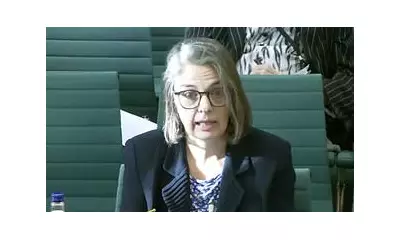
Children from disadvantaged backgrounds and those with special educational needs are facing systematic barriers to securing school places, according to troubling new research that exposes deep inequalities in England's education system.
The Hidden Admissions Barrier
A comprehensive analysis of school admission arrangements has uncovered a disturbing pattern of discrimination against vulnerable pupils. The study reveals that schools across the country are implementing policies that effectively filter out children who require additional support or come from less affluent families.
The research highlights several concerning practices:
- Schools giving preference to children from specific feeder schools in wealthier catchment areas
- Complex application processes that disadvantage families with lower literacy levels or limited English
- Unreasonable demands for extensive evidence and documentation that many struggling families cannot provide
SEND Students Bear the Brunt
Perhaps most alarming is the treatment of children with Education, Health and Care Plans (EHCPs). These legally binding documents are meant to guarantee support for children with special educational needs, but the research shows they're often used as justification to reject applications.
"Schools are effectively cherry-picking the easiest-to-teach pupils while turning away those who need the most support," the report states.
Free School Meals Gap Widens
The data reveals a stark correlation between free school meal eligibility and admission success rates. Children from poorer households are significantly less likely to secure places at high-performing schools, perpetuating cycles of educational disadvantage.
Key findings include:
- Schools in affluent areas implementing admission criteria that effectively exclude children from social housing
- Limited transparency around how "fair banding" tests are administered and scored
- Inconsistent application of admission codes across different local authorities
Call for Systemic Reform
Education experts are demanding urgent government action to address what they describe as an "invisible segregation" within the school system. They argue that current admission arrangements undermine social mobility and violate children's right to equal educational opportunities.
The report concludes with recommendations for creating a more equitable system, including simplified application processes, better oversight of admission arrangements, and stronger protections for vulnerable children.
As one education advocate noted: "When we design systems that filter out children who need extra help, we're failing not just those individual children, but our entire society."





